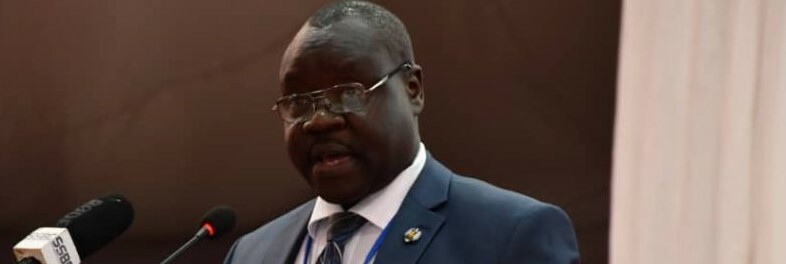The Ministry of Federal Affairs said it had been directed by President Salva Kiir to provide the necessary information for the citizens to know more about federalism.
The 2018 peace agreement stipulates that South Sudan shall be governed on the basis of federalism. It, however, leaves the type of federalism to be decided during the constitutional design process.
Federalism is a system of government that shares power and responsibility between a national government and local authorities in states, provinces, or counties. Federalist systems give local authorities more say in how their constituencies are governed.
Speaking at a one-day capacity-building training workshop on devolution and nation-building in Juba on Thursday, Minister of Federal Affairs Lasuba L. Wongo said President Kiir had directed his ministry during a meeting to educate the public on federalism.
“Majority of the South Sudanese people do not know much about federalism, thus, require sensitization and training. I actually had consultations. I sat with the president, and he told me it is important to educate people on federalism,” he said.
“There are people who have different views about federalism. We are at a level where we agree on what the agreement mandates. We are talking about how it is going to affect the people. The ministry has taken that directive seriously by visiting some states, and we’re continuing,” he added.
The minister disclosed that they plan to conduct a national conference that brings people from across the country to discuss federalism before the country adopts the system.
Meanwhile, Prof. Abednego Akok Kacuol, Chairperson of the National Elections Commission, said federalism is a popular demand in South Sudan. He, however, suggested that the focus should be on implementing the peace agreement and reconciliation before federalism.
“So, in short, I would like to tell us that the Sudan People’s Liberation Movement (SPLM) inherited the federal system from the Khartoum government until it became independent. Even now, it is maintaining the ten states,” Kacuol said.
According to Professor Kacuol, whenever the country is at peace and harmony, it will be possible to conduct and run a federal system of government.
Kacuol also noted that there is a need for the people of South Sudan to mobile themselves first and develop a constitution which can pave the way for good governance.




